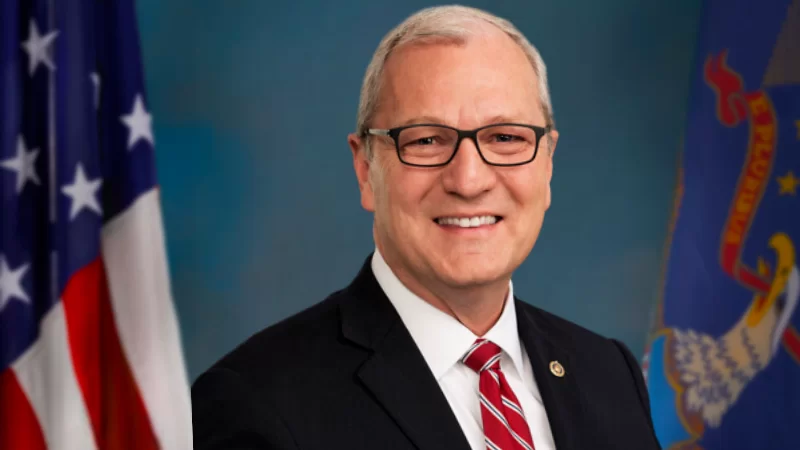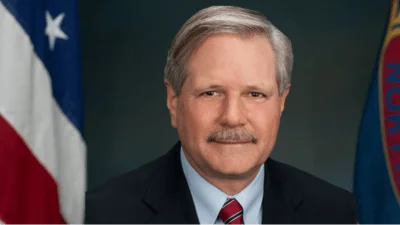Senator Kevin Cramer, US Senator for North Dakota | Senator Kevin Cramer Official website
Senator Kevin Cramer, US Senator for North Dakota | Senator Kevin Cramer Official website
Senator Cramer concluded the fourth week of the historical Dakota Access Pipeline trial with strong statements regarding the federal government's handling of the protests in North Dakota. Referring to the testimony presented in court, Cramer criticized the previous administration, stating, "Bureaucrats like Jo-Ellen Darcy chose willful ignorance because the truth didn’t fit the narrative pushed by the administration." He also highlighted discrepancies between the media portrayal of the protests and the actual events on the ground.
Testimonies during the trial shed light on the financial toll the protests took on North Dakota, with the state seeking approximately $38 million in damages. Witnesses like Holly Gaugler and Ronald Tolstad provided detailed accounts of the expenses incurred during the demonstrations, including costs for equipment, supplies, and mutual aid to law enforcement.
Assistant Secretary of the Army for Civil Works, Jo-Ellen Darcy, faced scrutiny during her testimony as she frequently responded with "I do not recall." However, she did acknowledge involvement in writing a joint statement that was seen as supportive of the protesters. Testimonies from various witnesses, including former Chief of Engineers Todd Semonite and Dr. Katherine Kuhlman, further emphasized the federal government's alleged role in encouraging and supporting the protesters.
Former U.S. Marshal for North Dakota, Paul Ward, highlighted the lack of federal law enforcement support during the protests, describing the response as "nonexistent." Similarly, Lt. General Scott Spellmon expressed frustration with the delay in the pipeline easement decision, which he believed fueled the protest activity.
The trial also heard from Robert Handy, a law enforcement expert, who commended local and state law enforcement's response to the protests but criticized the lack of federal support. Testimonies from other witnesses, including Lowry Crook and Patrick Wynters Hornbuckle, provided insights into the decision-making processes within the federal government during the protests.
Judge Traynor's denial of the federal government's motion for direct judgement marked a significant development in the trial, with the judge emphasizing the importance of holding accountable those in positions of authority.
As the trial moves forward, with the defense presenting witness testimonies, the focus remains on seeking justice and accountability for the events surrounding the Dakota Access Pipeline protests in North Dakota.





 Alerts Sign-up
Alerts Sign-up